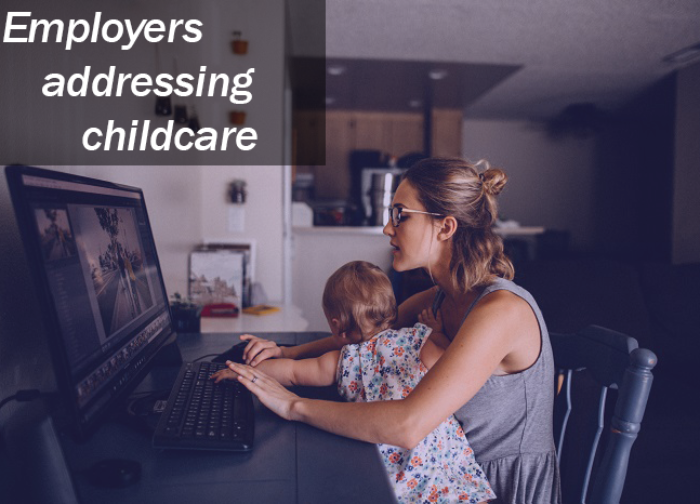Working parents are among those most affected by the COVID-19 pandemic, struggling to juggle childcare and work responsibilities. Now, new data finds just how much the situation is taking its toll on employees and their employers.
Nearly half of working parents have had to quit or reduce hours because of the pandemic, according to FlexJobs’ survey of than 2,500 parents with children 18 and younger living at home. Forty percent have had to change their employment situation by either voluntarily reducing their hours (25%) or quitting entirely (15%). An additional 5% said their partner has had to either reduce their hours or quit their jobs.
Related: A ‘menu of options’ can ease childcare burdens
The data is the latest to underscore the toll the pandemic is taking on working parents. Previous research from WorldatWork found that nearly a quarter of 234 organizations say they’ve had an employee quit during the COVID-19 pandemic due to their children’s education needs.
FlexJobs’ research also finds that of those workers who quit, 38% do not plan to rejoin the workforce.
Although a handful of employers have rolled out benefits and programs to help their working parent population in recent months–KPMG, Bank of America, Huron Consulting Group and Twitter among them–FlexJobs’ data illustrates the work that employers and HR leaders have yet to do. That’s especially vital as the 2020-21 school year starts, posing challenges for parents who are helping to educate their children while working from home.
Related: 8 trends in employer support for the childcare crisis
So how can HR and other company leaders help prevent a further exodus of parents from the workforce? Offering support, providing backup care benefits and being flexible are just some of the ways. In particular, working parents say having a flexible schedule (58%) would have the greatest impact on their ability to juggle career, distance learning and childcare responsibilities, according to FlexJobs.
“In order to help working parents not only stay in the workforce but also be productive employees during this challenging time, employers should absolutely consider offering flexible schedules,” says Sara Sutton, founder and CEO of FlexJobs.
“When executed thoughtfully, giving employees more control over when they’re able to work during the day can help create the critical space they need to meet all their competing demands,” she says. “The pandemic has really forced companies to see the struggles that working parents and other caregivers routinely face and hopefully has shed light on just how impactful granting remote and flexible work accommodations can be.”



